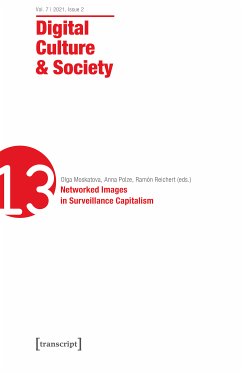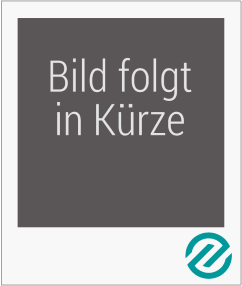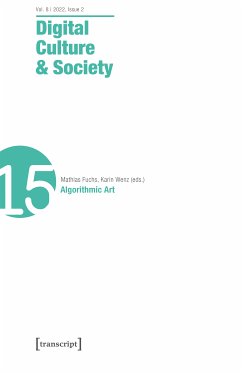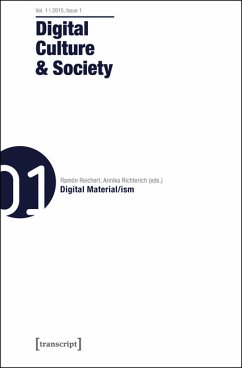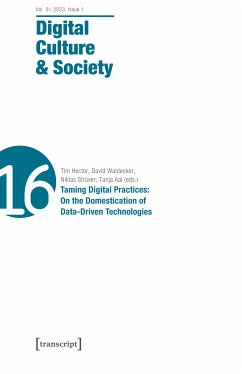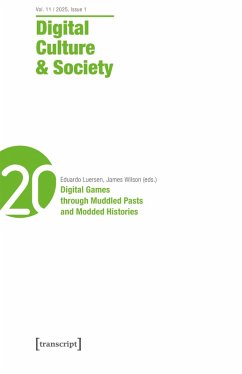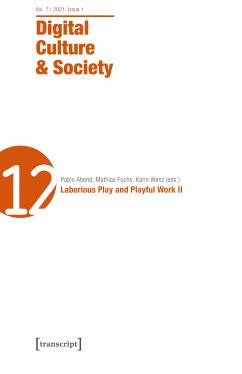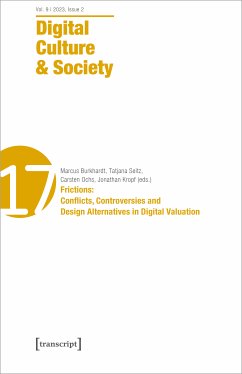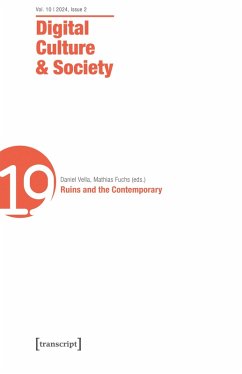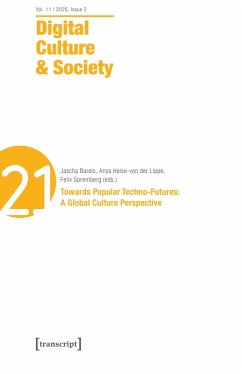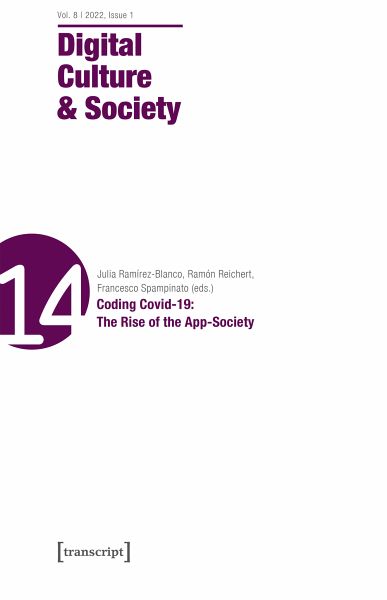
Digital Culture & Society (DCS) (eBook, PDF)
Vol 8, Issue 1/2022 - Coding Covid-19: The Rise of the App-Society
Redaktion: Ramírez-Blanco, Julia; Spampinato, Francesco; Reichert, Ramón

PAYBACK Punkte
0 °P sammeln!
Code is intended both as a computer-based language to program software and as a functional and visual language for organizing administrative processes, visualizing information, performing behaviour control, and reinforcing shared imaginaries based on surveillance and dread. This special issue of Digital Culture & Society deals with the concept of code in relation to the Covid-19 crisis. The contributions depart from the idea that both forms of coding have become dramatically intertwined during the pandemic and are structuring a new way of being in and seeing reality. They explore the new forms...
Code is intended both as a computer-based language to program software and as a functional and visual language for organizing administrative processes, visualizing information, performing behaviour control, and reinforcing shared imaginaries based on surveillance and dread. This special issue of Digital Culture & Society deals with the concept of code in relation to the Covid-19 crisis. The contributions depart from the idea that both forms of coding have become dramatically intertwined during the pandemic and are structuring a new way of being in and seeing reality. They explore the new forms of data-driven surveillance and representation of the pandemic evolution at the level of real-time epidemiology, sensor technologies, science policies, push media, and the heterogeneous counter-discourses that try to subvert them.
Dieser Download kann aus rechtlichen Gründen nur mit Rechnungsadresse in A, B, BG, CY, CZ, D, DK, EW, E, FIN, F, GR, HR, H, IRL, I, LT, L, LR, M, NL, PL, P, R, S, SLO, SK ausgeliefert werden.




